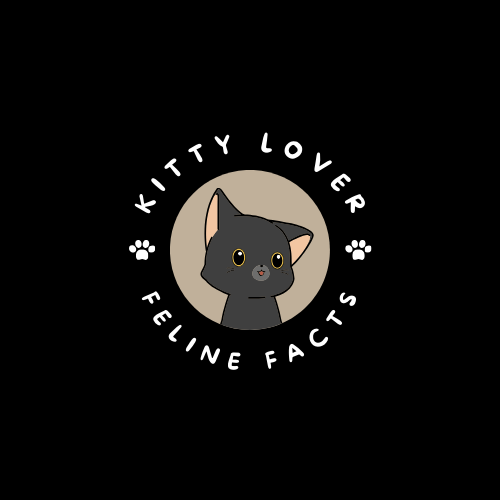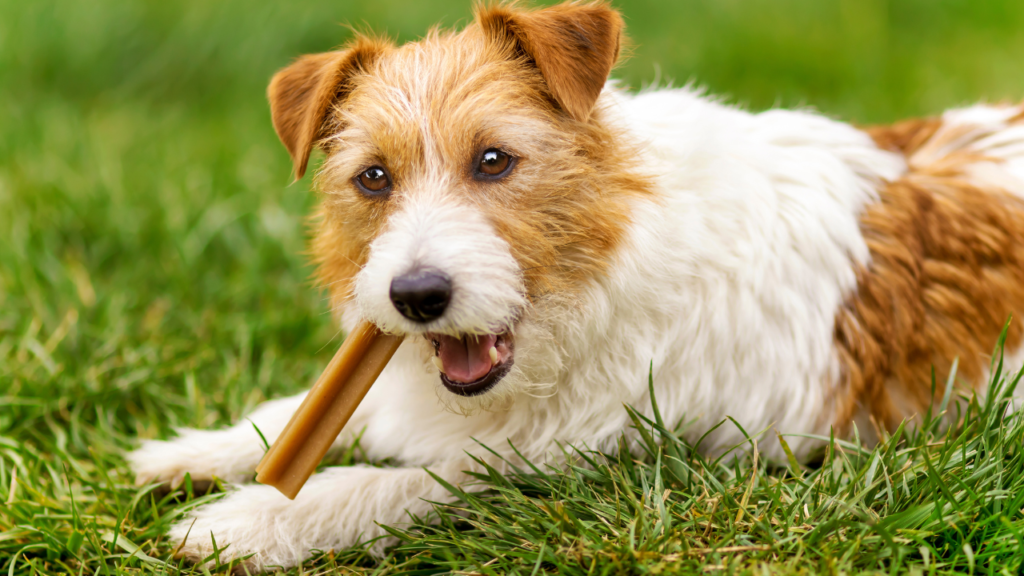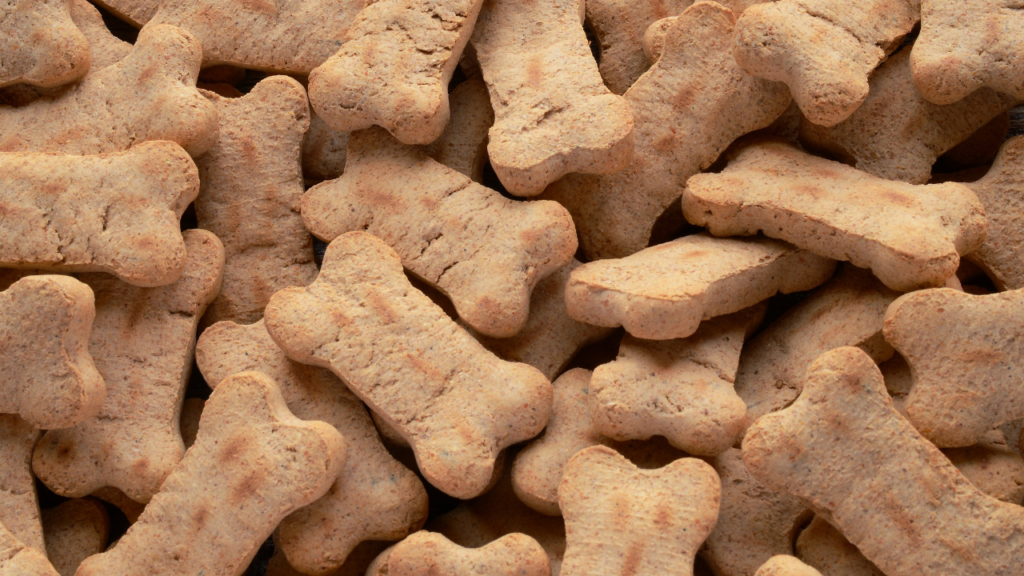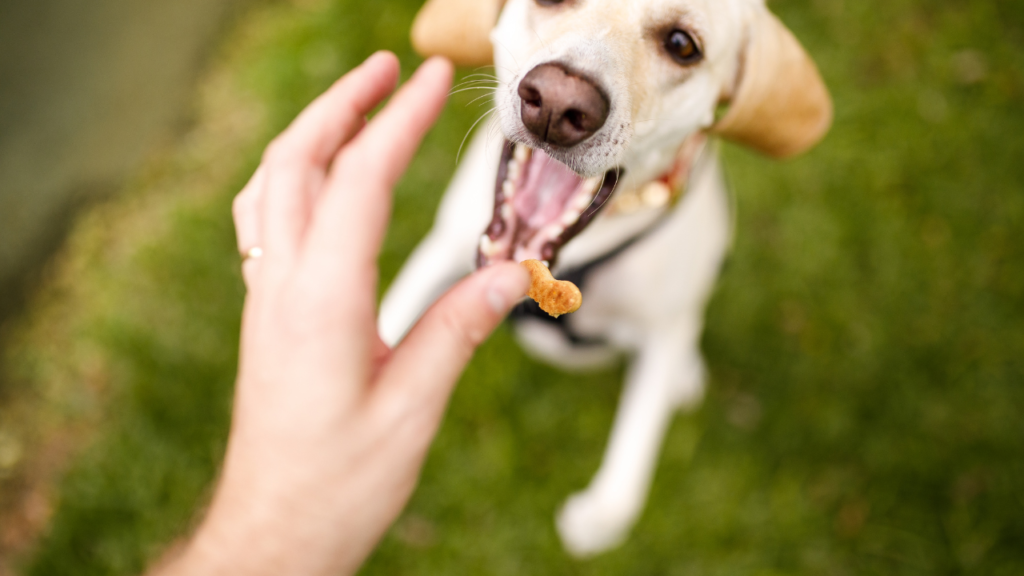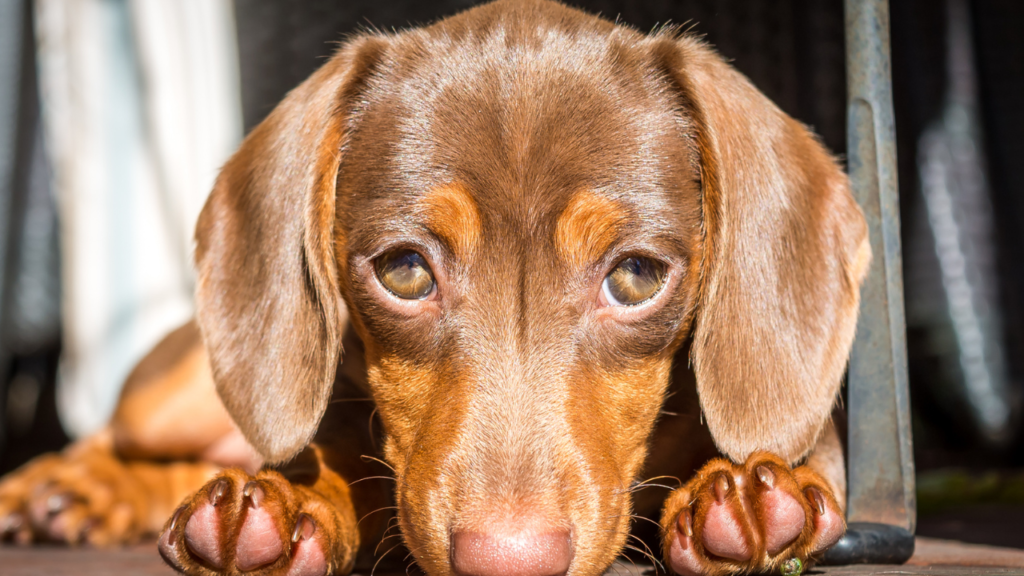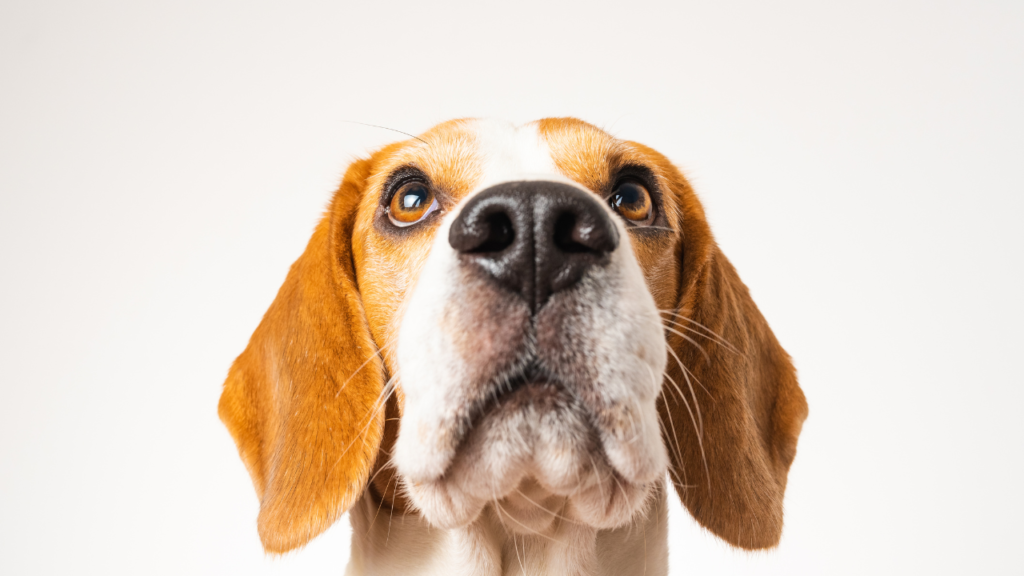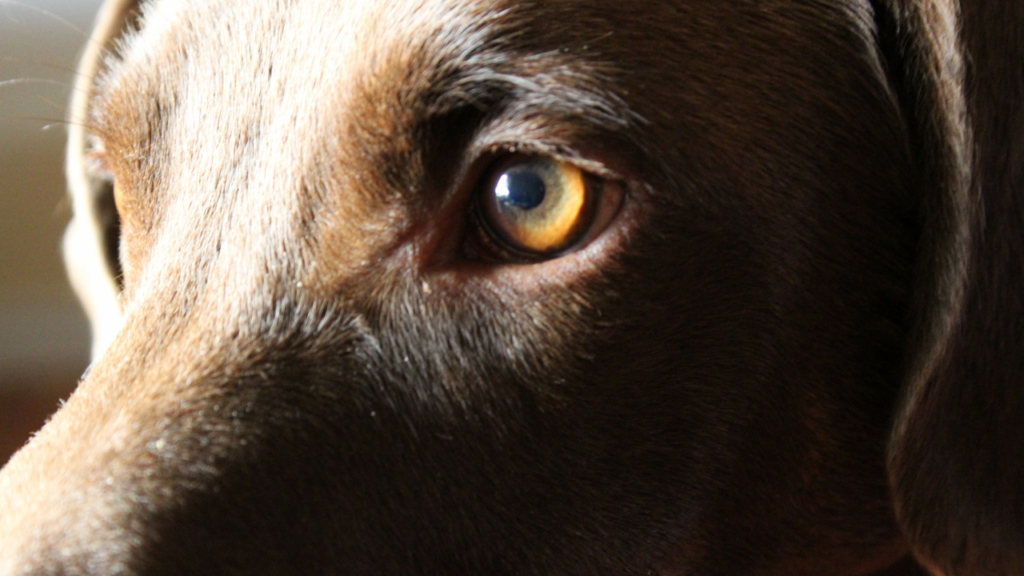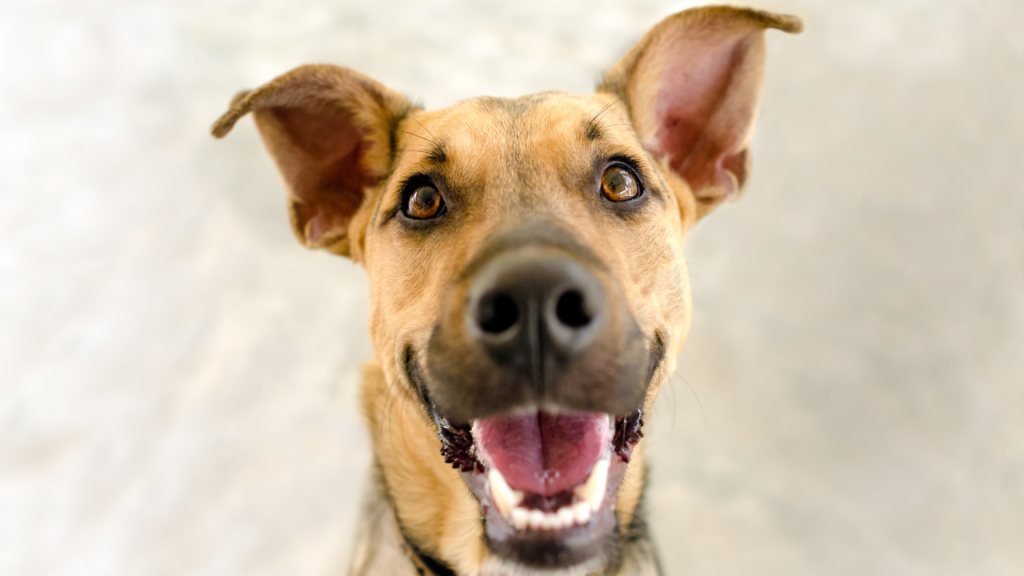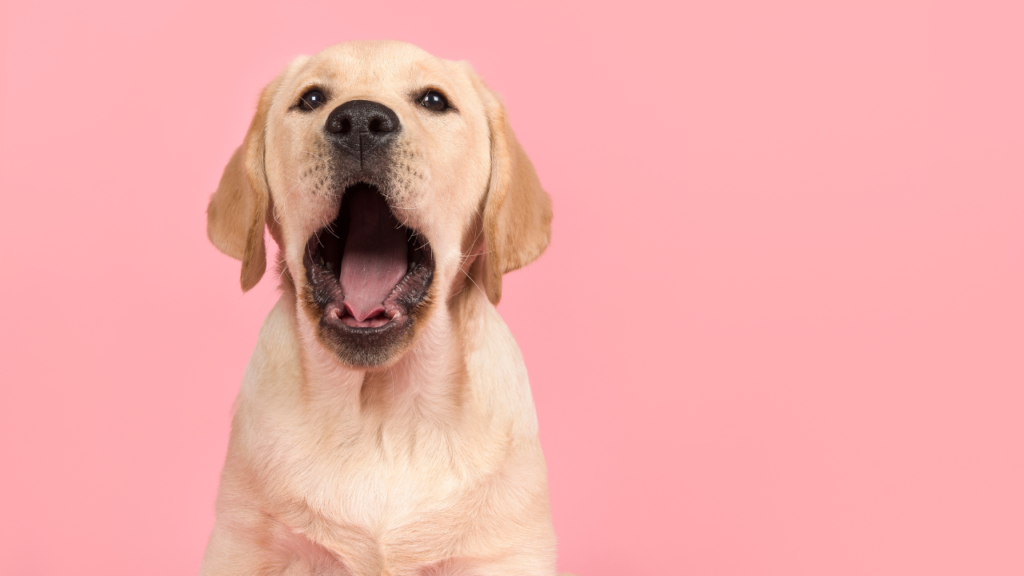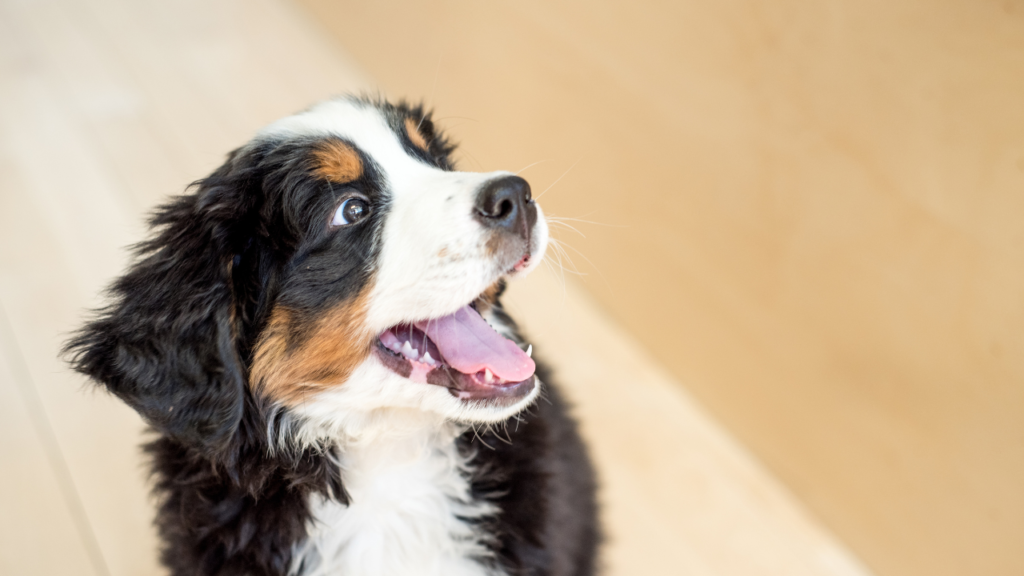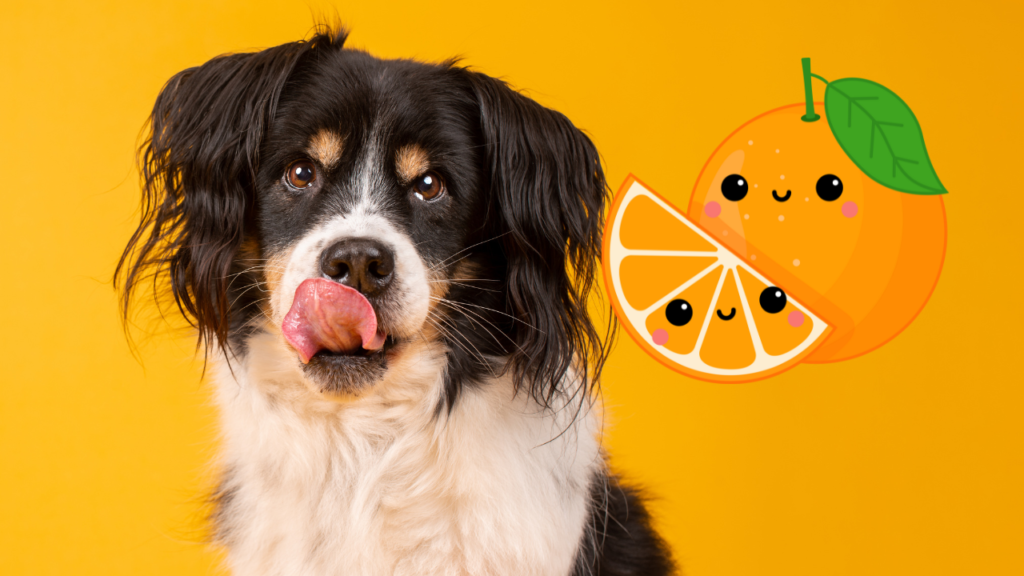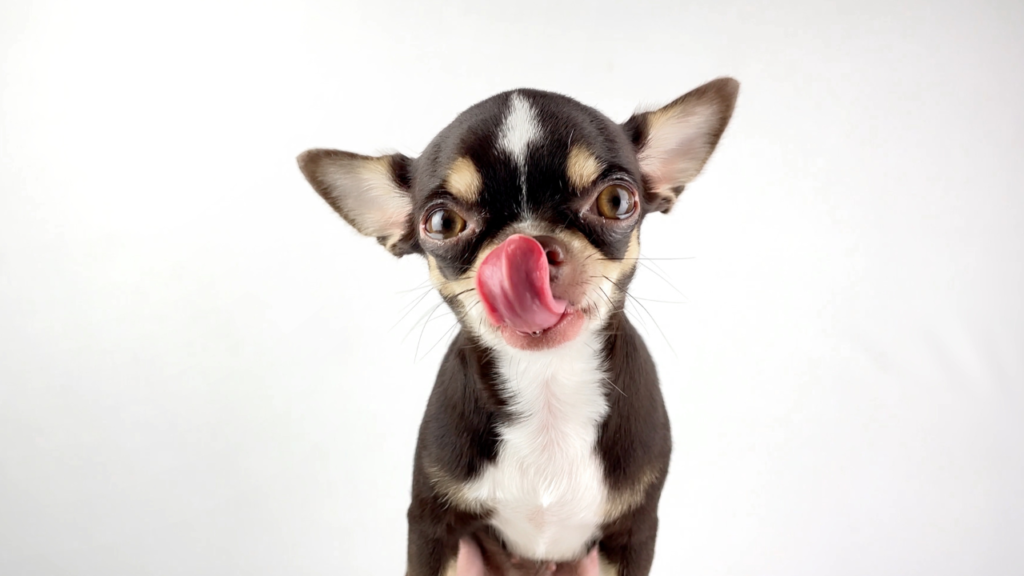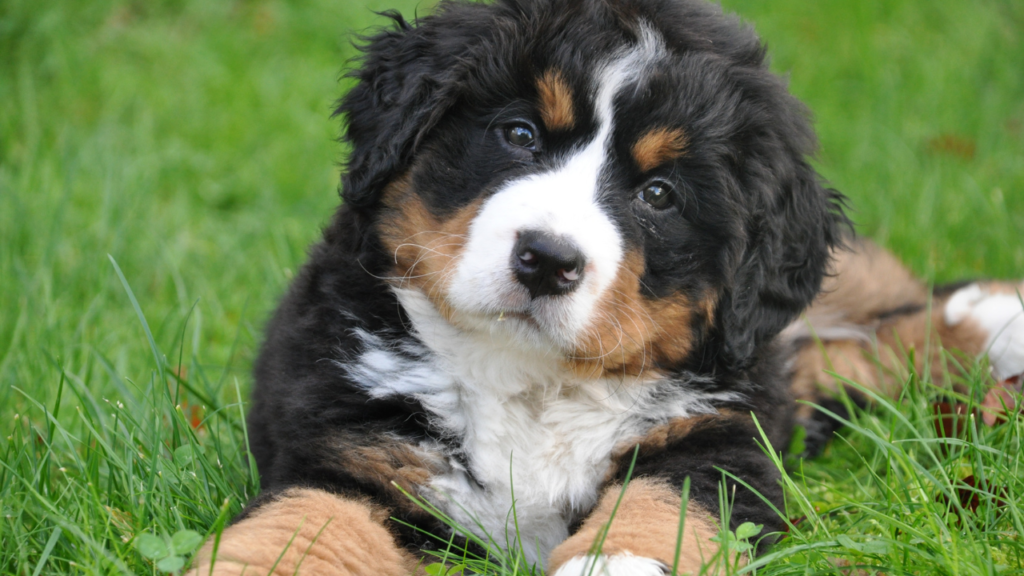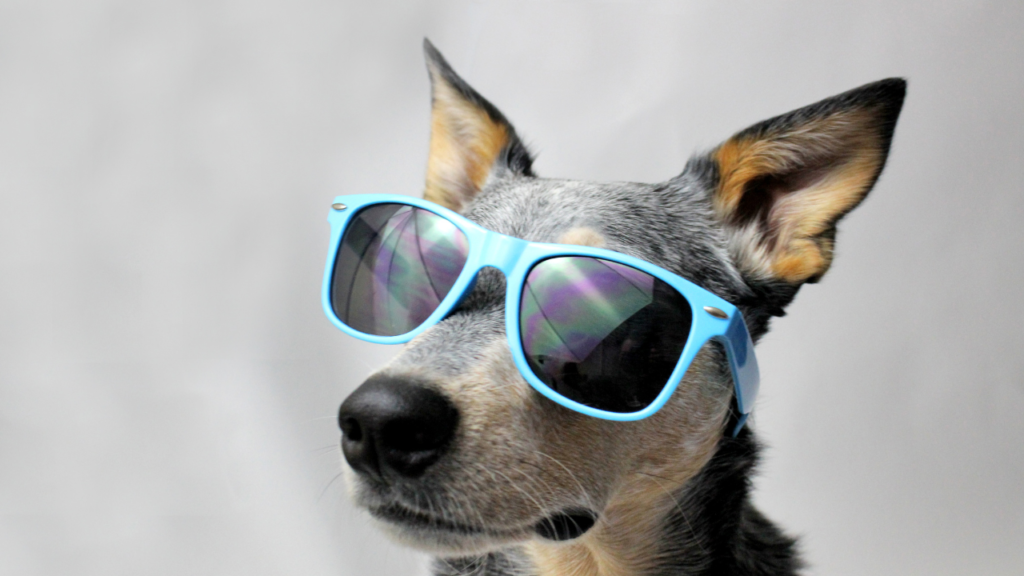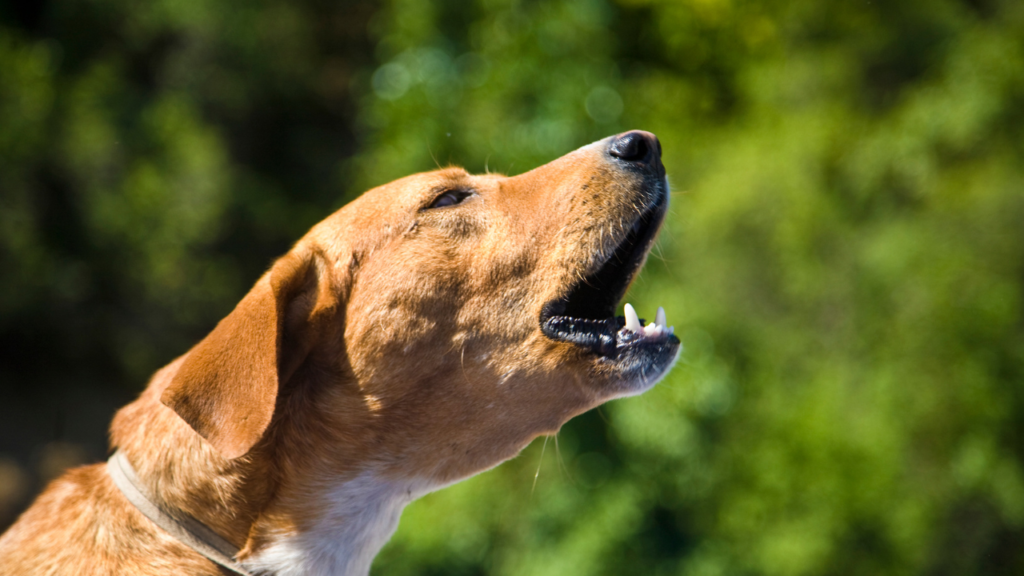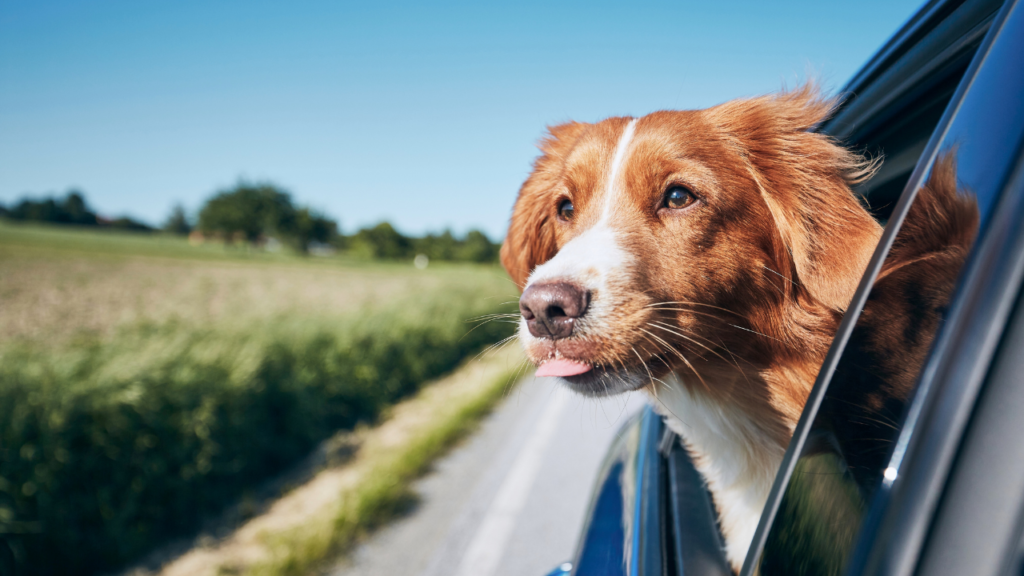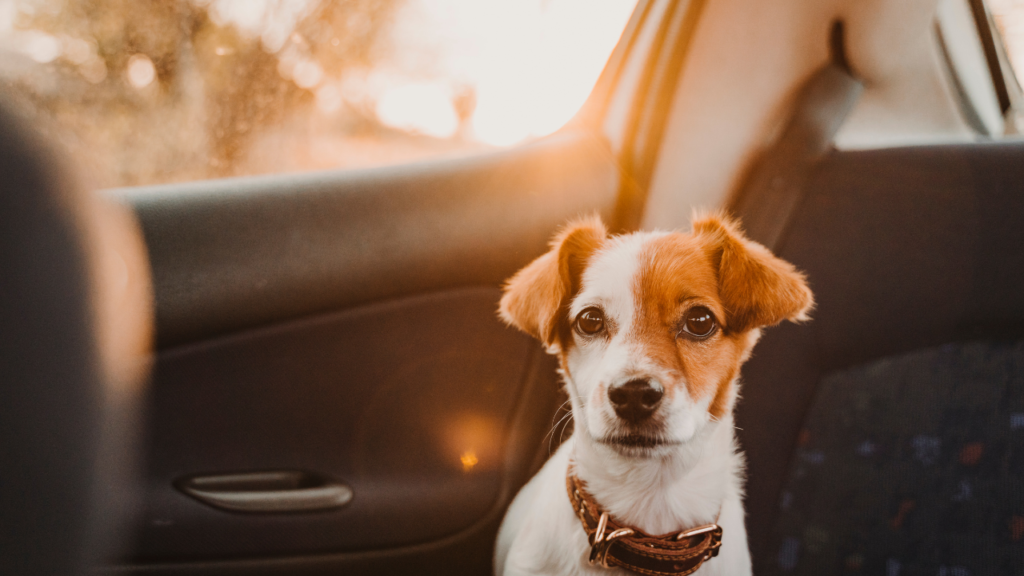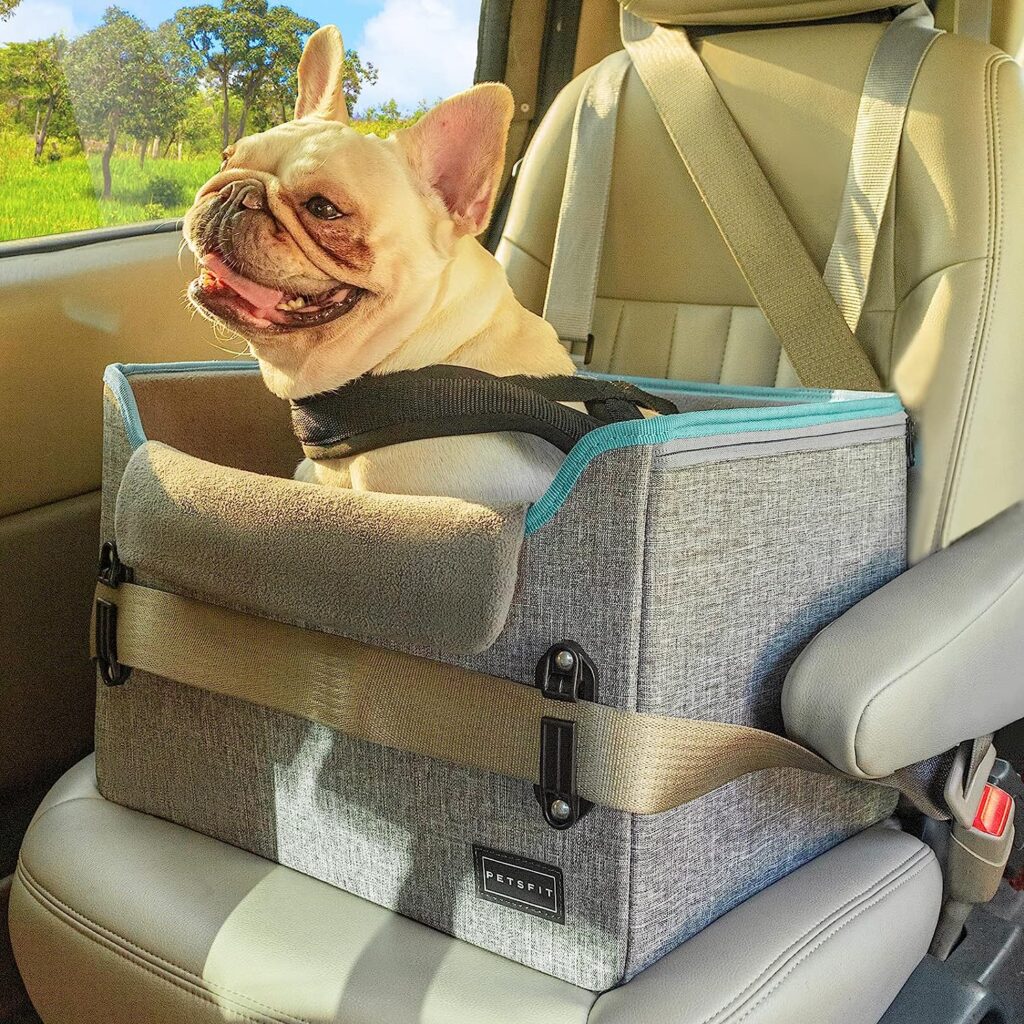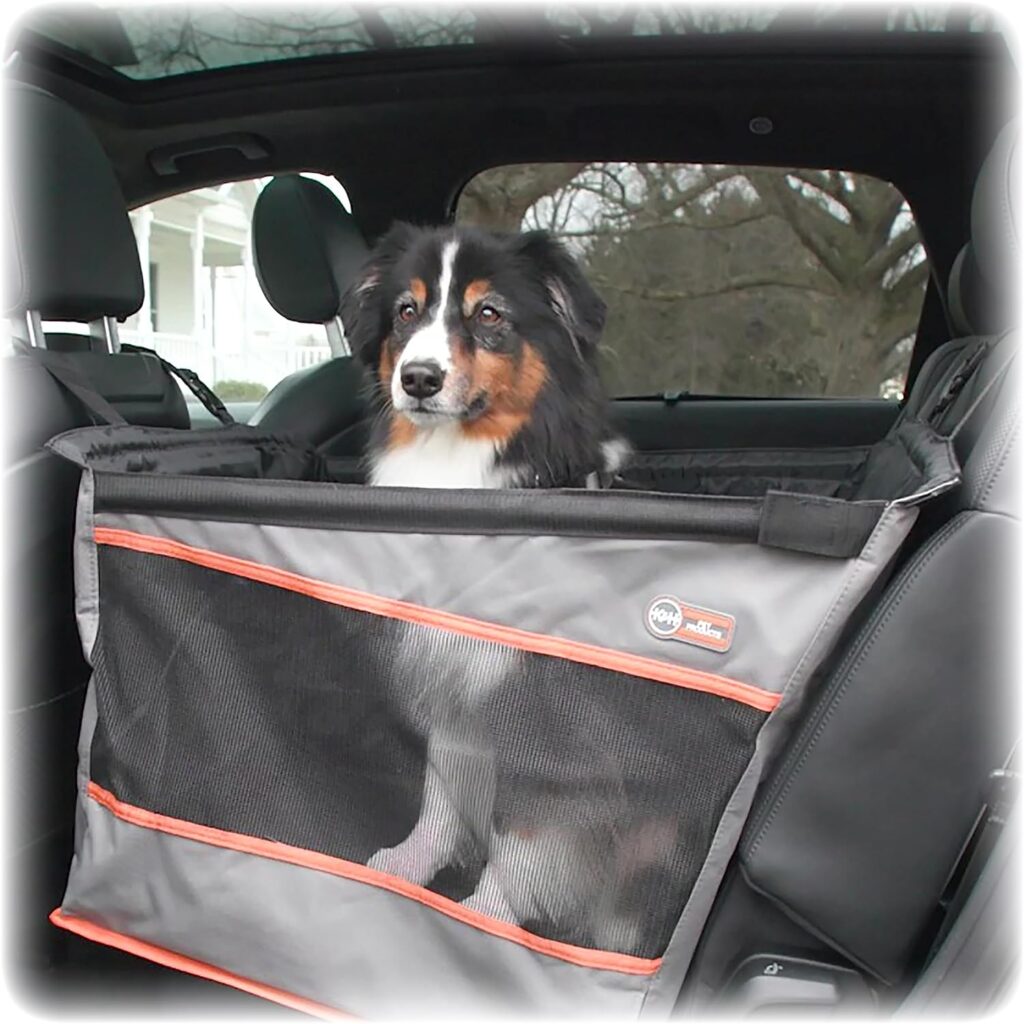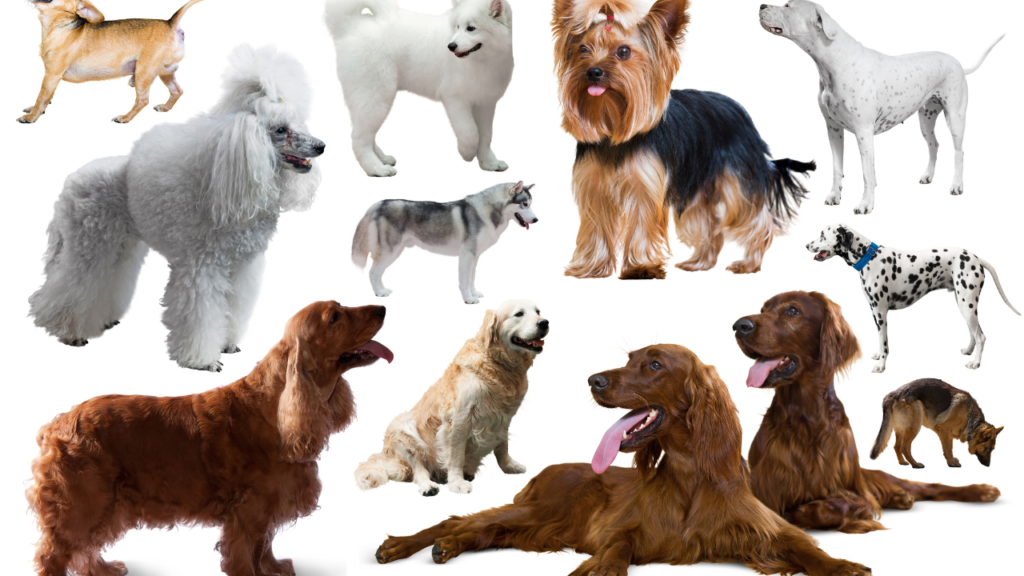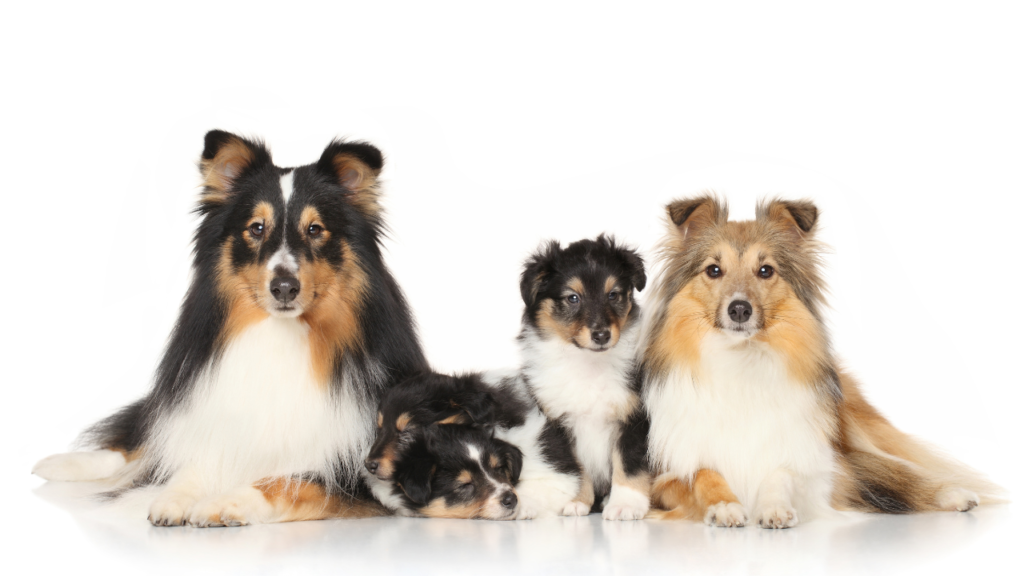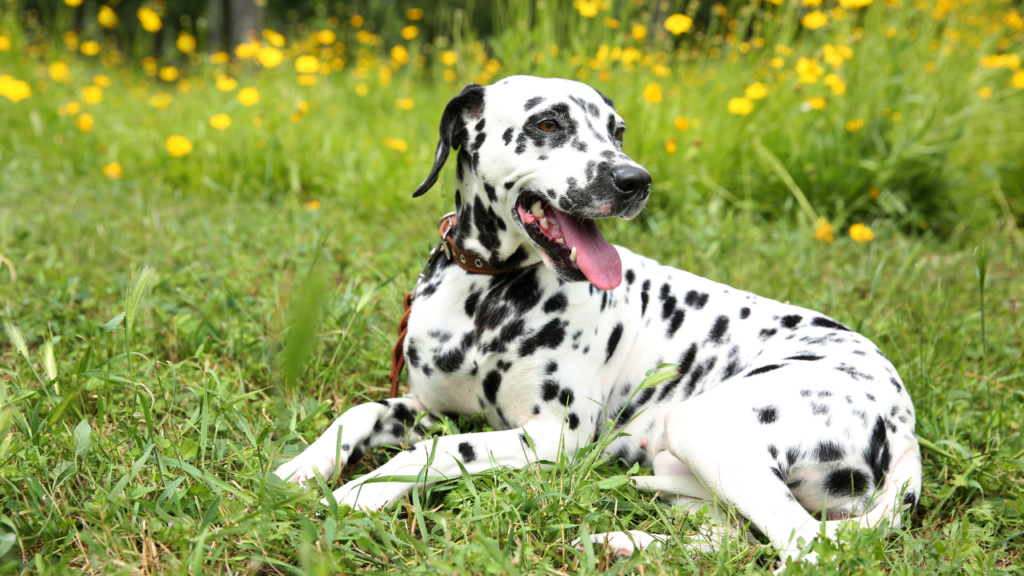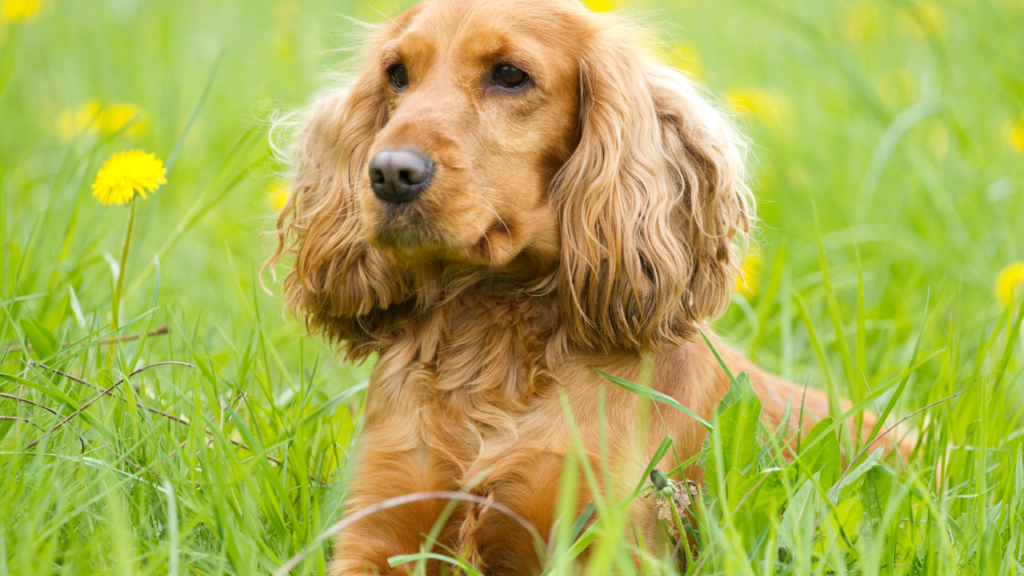Why do dogs get wet noses? They’re truly very important.
Table of Contents
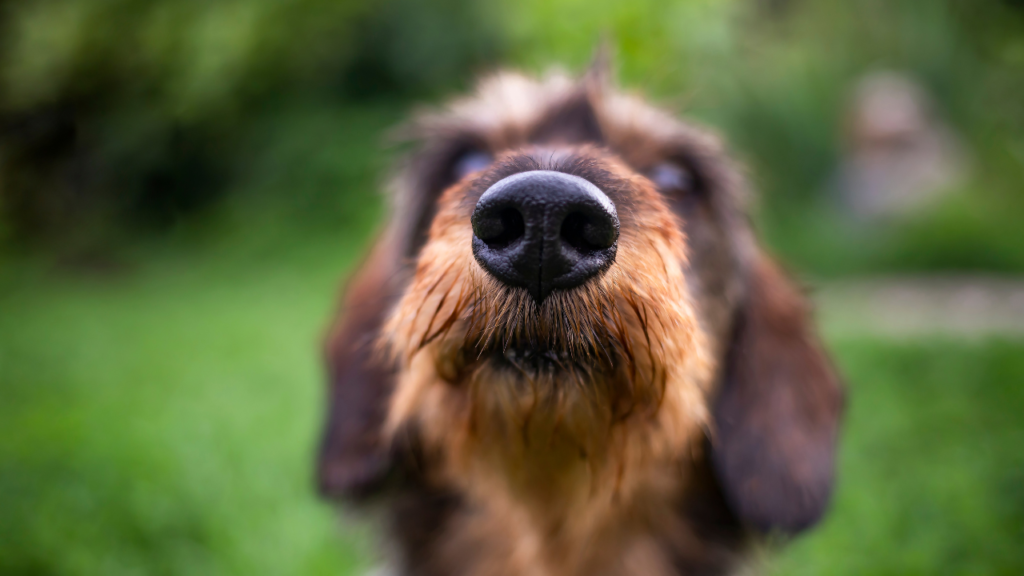
Have you ever thought, “Why do dogs get wet noses?”
The traditional adage that a “dog’s nose knows” is surely true. Indeed, a dog’s nose can reveal information about its overall health. In general, a chilly, wet nose indicates that your dog is feeling well.
Having the answer can make for some entertaining water cooler talk. Knowing the causes of a dog’s moist nose might help you realise why a dry nose can be a sign that something is wrong. Is it feasible for dogs to have an excessively wet nose? We sniffed around and found the answers for you.
Why do dogs get wet noses?
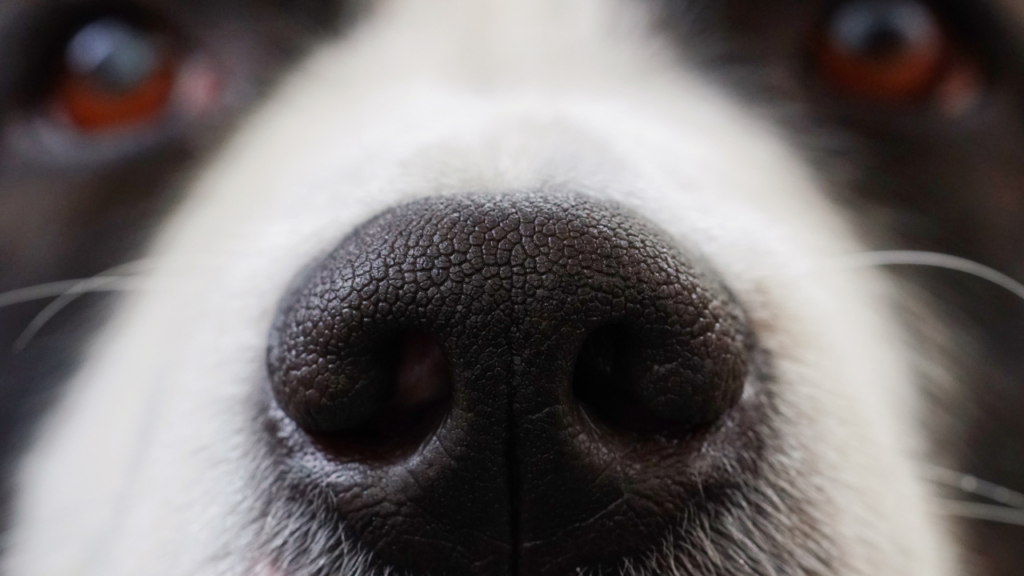
In general, a wet nose indicates that the dog is healthy. How did a puppy’s snout become so wet in the first place? There are a few reasons:
Mucous: Your dog explores the world through its nose. Mucous isn’t simply snot. Instead, dogs release a thin coating of mucus through the nose’s inner lining. This mucus keeps the nasal canal moist and sticks to your dog’s nose pores, increasing its ability to absorb scent molecules. As a result, dogs can detect scents more accurately, allowing them to completely investigate their surroundings.
Sweat: Don’t let them see you sweat? Not necessarily in the dog world. Pets perspire through their paws and noses, so you may not notice them pouring in perspiration like you would after a long walk. As with humans, sweat helps regulate body temperature in dogs, keeping them cool as cucumbers even after strenuous play sessions or in hot weather.
Licking: Your dog’s tongue is long enough to reach its nose. Saliva naturally moistens a pet’s nose slightly more than usual.
Dogs frequently go nose-first, letting their snout lead the way. Dogs use their noses to investigate the world, thus they may sniff about in damp grass, soil, or a large puddle. The dampness in the environment may make a pet’s nose wetter than usual. Walking in the rain will inevitably get a dog’s nose (and body) wet.
How wet is too much?
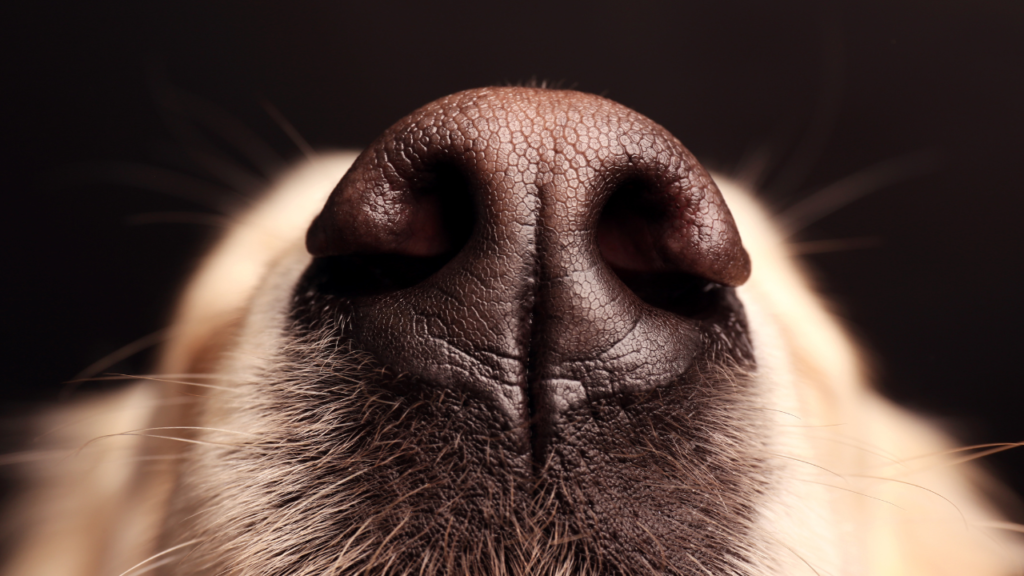
A wet nose is typically an indication that all is good. However, it is possible to have too much of a good thing. As a pet parent, you will be aware of your dog’s “normal” nose. If a nose appears to be significantly wetter than usual, it may indicate that something is wrong. Be on the watch for nasal discharge. Some clear discharge is usual. However, too much of it may suggest that the dog is ill.
Additionally, thick, discoloured green or yellow mucus may indicate that your dog has a respiratory illness (much like humans). Bloody discharge could suggest that your dog has been infected with a tick, is inflamed, or has cancer. Your veterinarian may conduct thorough examination to identify the source of the problem.
Should I be worry about my dog’s dry nose?
While some dogs are prone to dry noses, a heated, dry snout is obviously cause for concern. Warm or cold weather, age, and a temporary break from nose-licking due to sleep may all cause a dog’s nose to dry up. A dry nose, however, may signal an underlying problem.
Pay attention to how your dog behaves. Are they pooping and peeing like usual? More lethargic? Eating and drinking? If their behaviour is also abnormal, a trip to the vet is in necessary. In fact, if you have any doubts, call your pet’s veterinarian. At the very least, a checkup will provide you with peace of mind knowing your dog is healthy.
Final thoughts.
Dogs’ noses are normally damp and chilly. A moist, chilly nose indicates that your dog is feeling healthy. Dogs’ noses are damp due to mucous. A pet’s nose may also be wetter than usual if it has just sniffed about in a damp place, licked its nose, or is sweating. If your dog’s nose is unusually wet, he or she may have a respiratory infection. Another reason to see a veterinarian is if there is blood in the nasal discharge.
Furthermore, a dry nose is not always a bad sign. For example, older dogs and some breeds have drier noses. However, a dry snout may indicate sickness. If you have any concerns, call your veterinarian. The veterinarian can do a checkup to guarantee your dog’s health and recommend treatment alternatives for ailments.
Why do dogs get wet noses? They’re truly very important. Read More »
